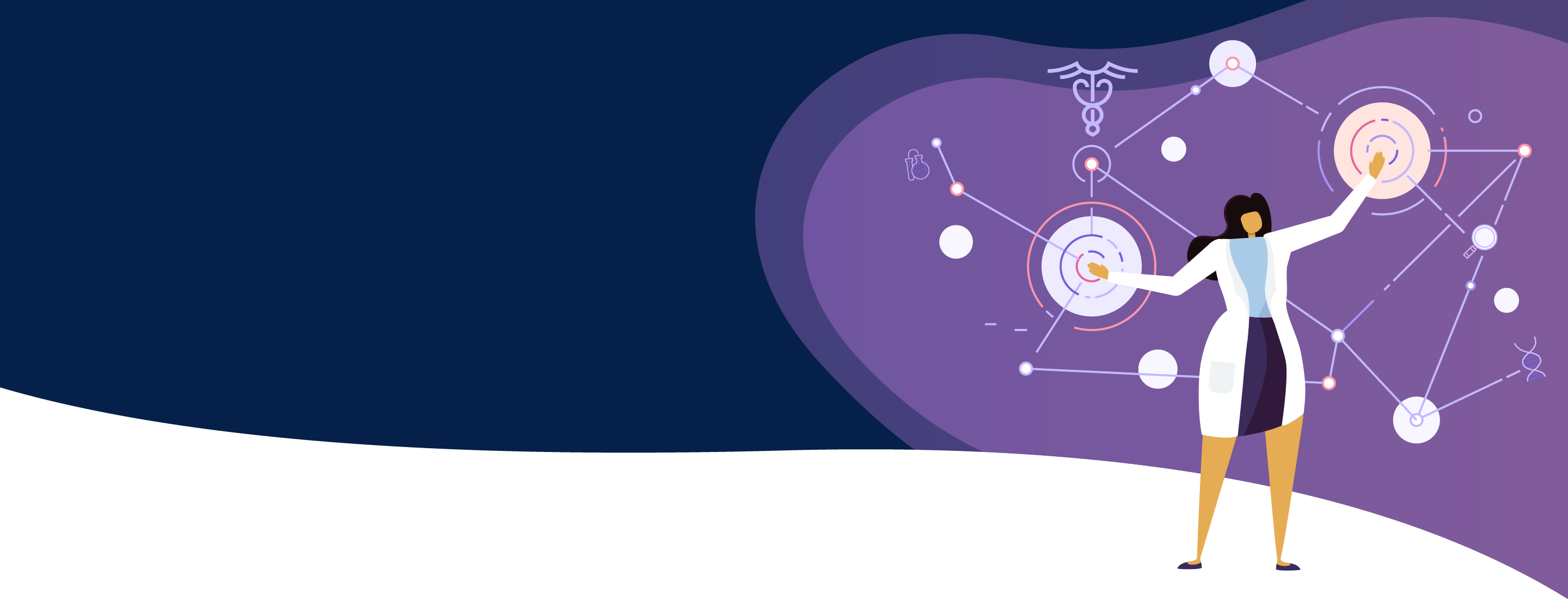
Obesity
Evaluation
If you are obese or morbidly obese, you are at risk for developing a number of serious health problems. The most common conditions include:
- Depression Depression is very common after repeated failure with dieting and disapproval from family, friends and the public.
- Diabetes Obese individuals develop a resistance to insulin, which regulates blood sugar levels. Over time, high blood sugar can cause type 2 diabetes that can lead to serious damage to the body.
- Gastroesophageal Reflux or Heartburn When acid escapes from the stomach into the esophagus through a weak or overloaded valve, can occur, causing "heartburn" and acid indigestion. Gastroesophageal reflux disease can lead to Barrett's esophagus, a pre-cancerous change in the lining of the esophagus and a cause of esophageal cancer.
- High Blood Pressure and Heart Disease Excess body weight strains the heart. This may lead to high blood pressure, which can cause strokes as well as heart and kidney damage.
- Incontinence In obese people, a large, heavy abdomen may cause the valve on the urinary bladder to weaken, leading to urinary stress incontinence or the leakage of urine with coughing, sneezing or laughing.
- Infertility Obese women may experience infertility — an inability or diminished ability to become pregnant.
- Menstrual Irregularities Morbidly obese women may experience disruptions of menstrual cycles as well as abnormal flow and increased pain.
- Osteoarthritis The weight placed on joints, particularly knees and hips, results in rapid wear and tear of joints as well as pain caused by inflammation, called osteoarthritis. Excess weight puts a strain on bones and muscles of the back, which can cause disk problems, pain and decreased mobility.
- Sleep Apnea and Respiratory Problems Fat deposits in the tongue and neck can cause intermittent obstruction of your air passage, called sleep apnea. Because the obstruction is more severe when sleeping on your back, you may wake frequently to reposition yourself. Loss of sleep often causes drowsiness and headaches.
Depending on your health, your doctor may recommend one or several treatment options, ranging from diet to medication to surgery.
UCSF Health medical specialists have reviewed this information. It is for educational purposes only and is not intended to replace the advice of your doctor or other health care provider. We encourage you to discuss any questions or concerns you may have with your provider.





